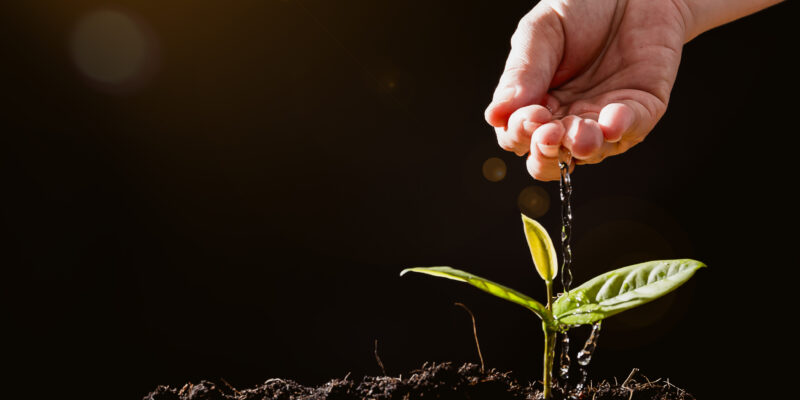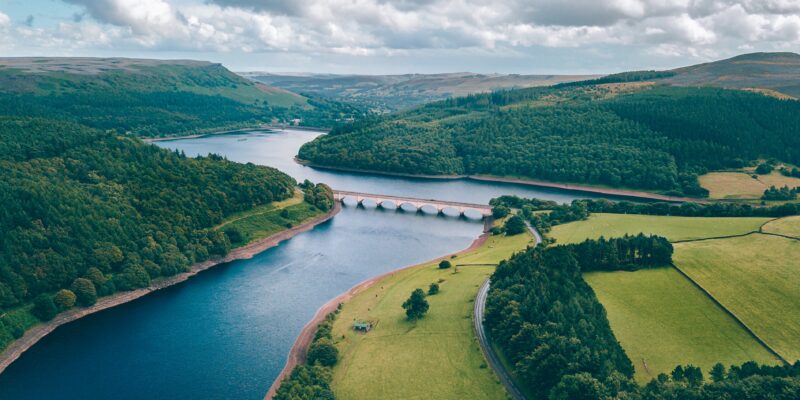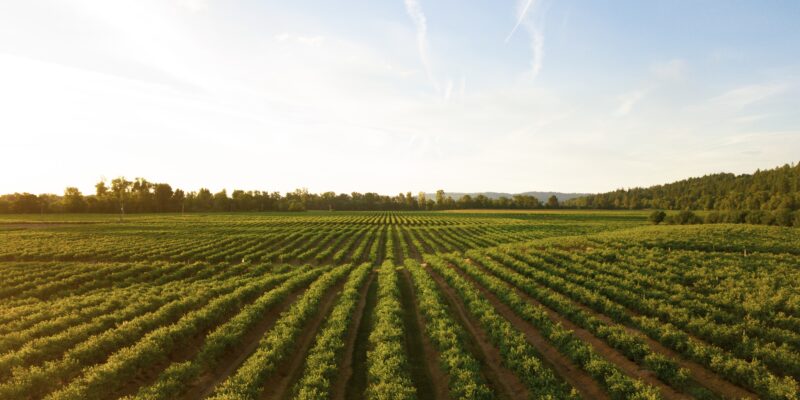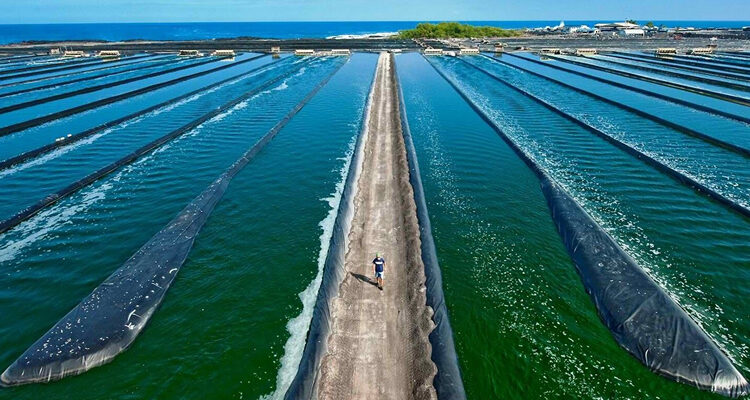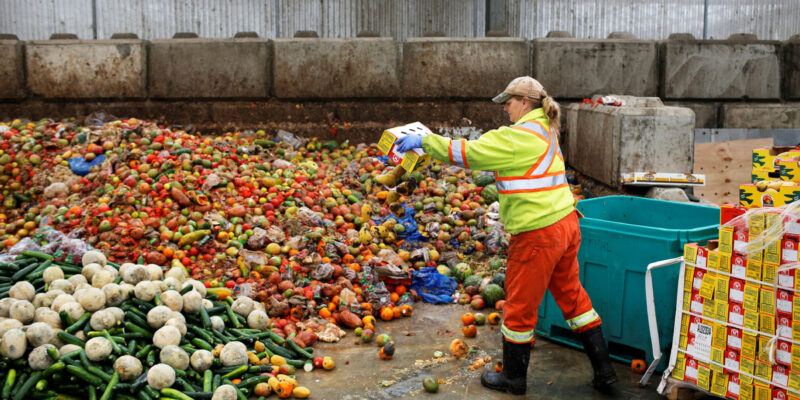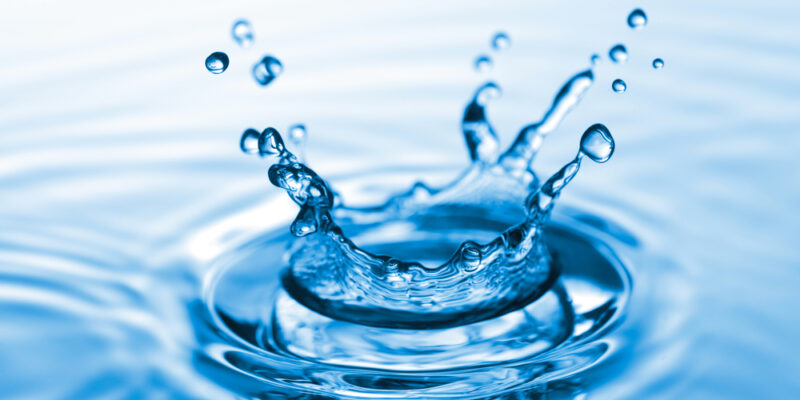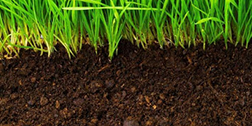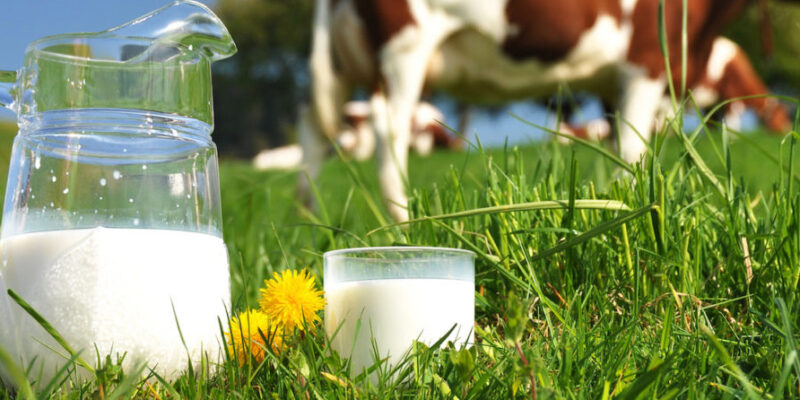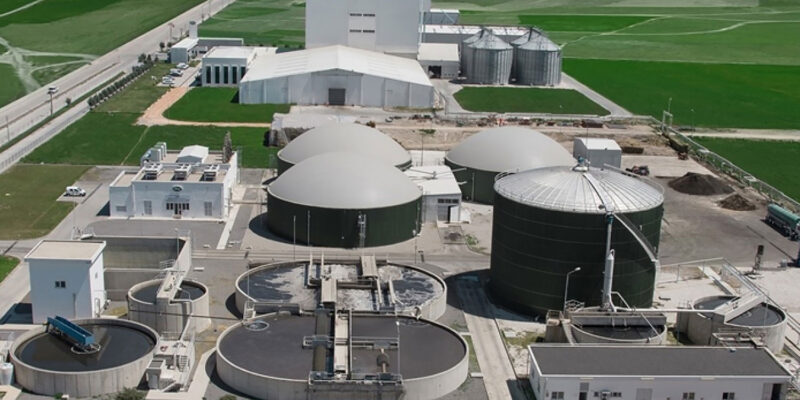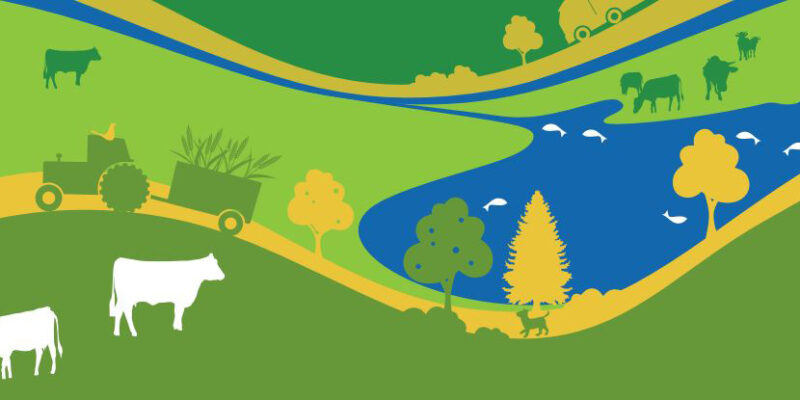“Cross-border Climate Vulnerabilities and Remote Effects of EU, Turkey and African Food Systems: Trade, Climate Risk and Adaptation (CREATE)” project, coordinated by Ankara University Water Management Institute (Assoc. Prof. Gökşen Çapar) and GTE is a project partner. H2020 Food Systems and Climate (FOSC) is supported under the ERA-NET Cofund 2019 call.
Works are carried out by a consortium of eight organizations from Turkey, Morocco, the Netherlands and Egypt. CREATE aims to develop a new cross-border climate risk/impact assessment methodology for food value chains based on the concept of established sourcing (e.g. water, soil and carbon) and trade that maps the representative links between socio-economic activities and remote climatic hazards in the EU, Africa and Turkey.
